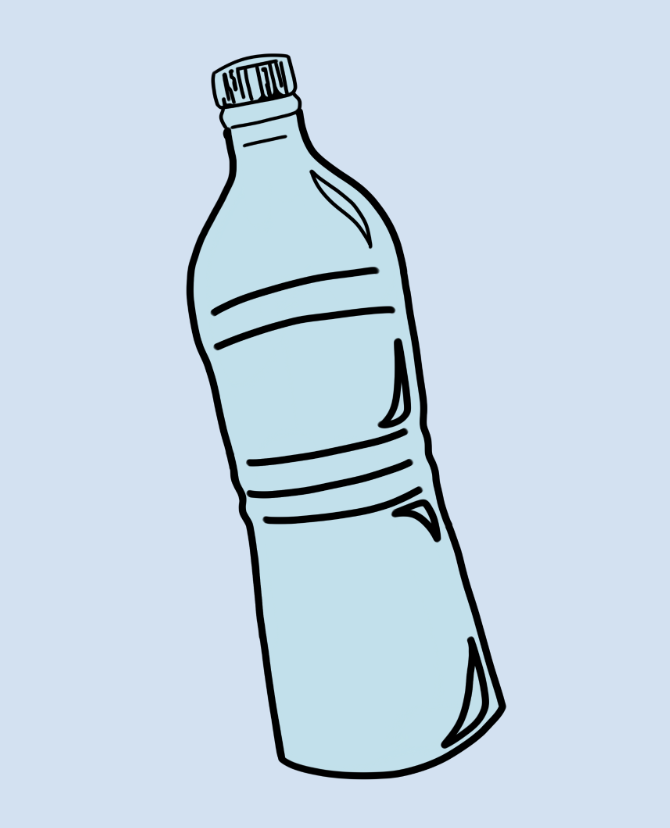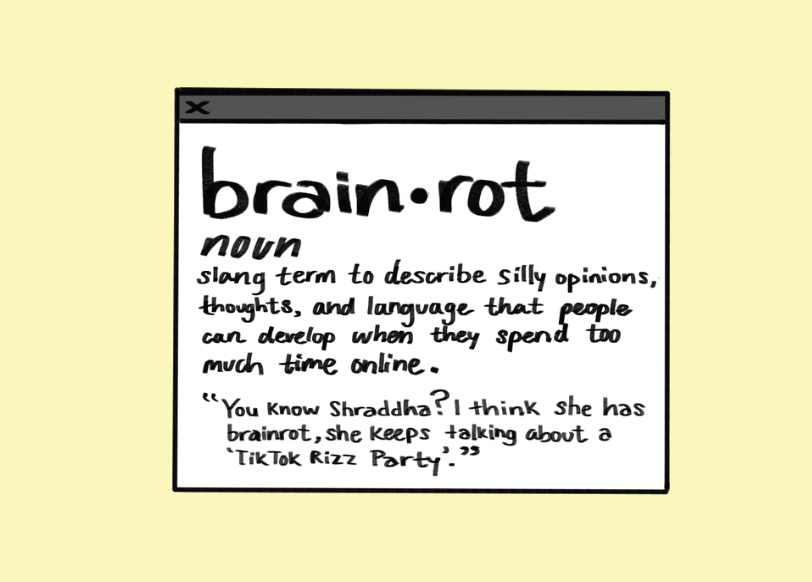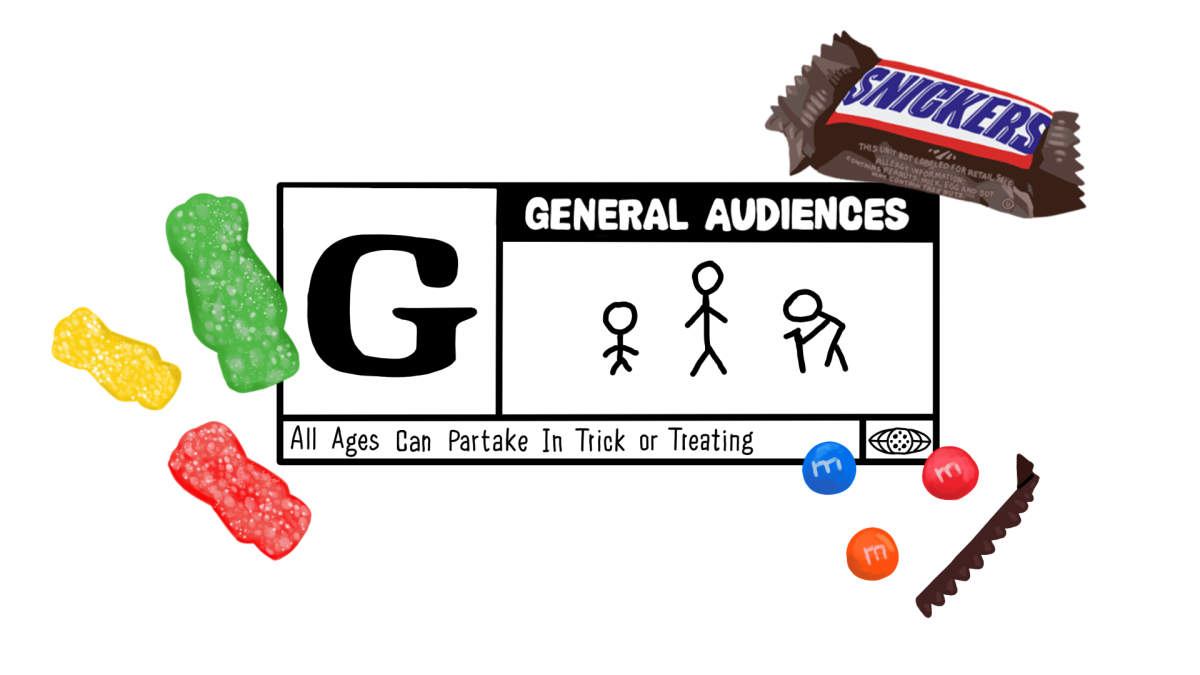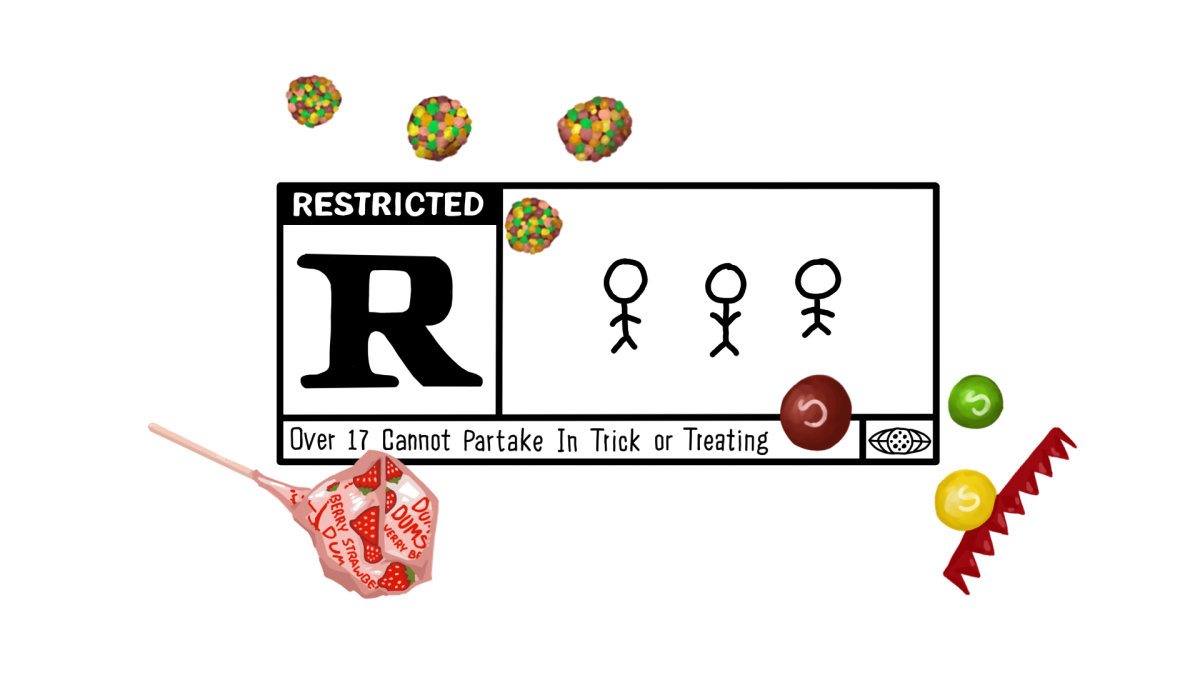Water is an incredibly powerful and beneficial beverage. It is no wonder that everyone drinks it. But why exactly does 100% of Earth’s human population, as well as a myriad of non-human life forms, consume this substance?
According to the Centers for Disease Control and Prevention, drinking water has numerous benefits to one’s health. It can improve cognitive abilities, regulate body temperature, protect the spine and joints from sensitivity and manage body weight. In essence, it is a magical substance that vastly improves the lives of those who drink it sufficiently.
The benefits of water consumption carry over to other living things on Earth; plants, animals, bacteria and more all rely on water, and just as humans consume different flavors of water, so do they. Saltwater, freshwater, hot or cold, a huge amount of it or little to none at all. Life exists wherever water does.
But there is so much more to this peculiar beverage than its vitalizing properties. For one, humans have a variety of opinions regarding its consumption. Thomas Rahn is a senior at FHS and is familiar with water.
“I drink water on a regular basis,” Rahn said. “Maybe every two hours or so.”
According to Texas Health and Human Services, hydration is the replacement of body fluids lost through sweating, exhaling, and eliminating waste, which is typically facilitated by water. The daily recommendation for staying hydrated is six to eight cups of water, but the amount varies from person to person. However, Rahn does not consider himself a hydrated person.
“I don’t drink any water at school. The water here tastes funny. Not exactly optimal,” Rahn said.
Rahn’s sentiment behind this lack of hydration is a common one among FHS students. Water comes in several flavors including school water, stainless steel bottle water, and most popular, tasteless cold water. It is a common rule among those who consume it that if plain water has any flavor at all, it probably should not be drunk. The cause of these varying water flavors in education facilities lies in potentially corroded pipes and stagnant water. Like Rahn said, not exactly optimal. Additionally, Rahn finds the consequences of hydration at school to be inconvenient.
“If I drink water at school, then I’ll have to use the bathroom at school and I don’t want to go to the bathrooms at school,” Rahn said.
Water’s prosperous potential and influential nature has made it a staple of life on Earth.




















